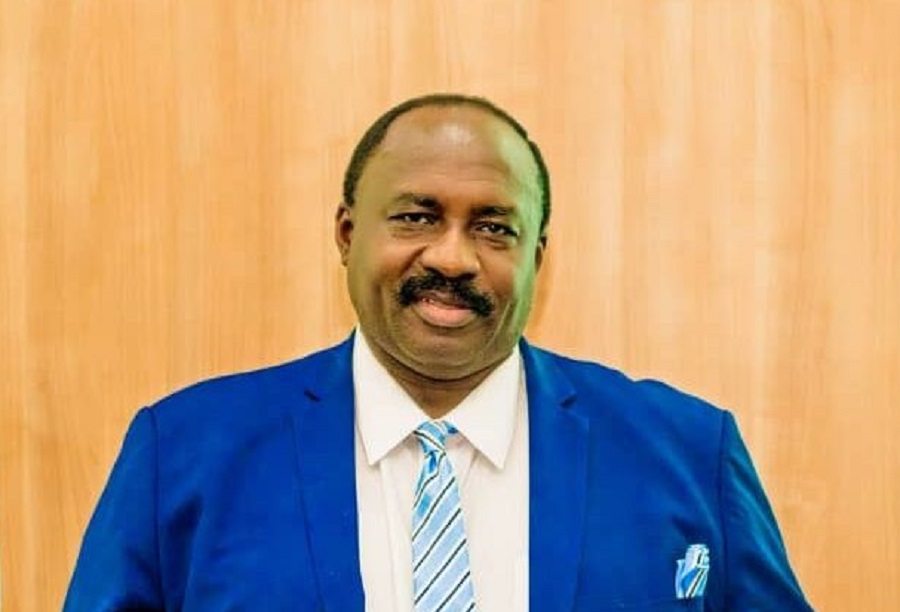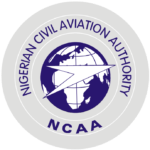
Following the recent tragic air accident, which occurred near Port Harcourt, involving a Sikorsky SK76c helicopter with registration mark 5N-BQG, operated by Eastwind Aviation, which led to the death of eight passengers on board, concerned aviation experts have sent a note of warning to the Nigeria Civil Aviation Authority (NCAA), advising it to take air safety regulations seriously, in order to avert future air crash.
The experts explained that the industry had gained huge goodwill since 2013, when the last accident involving commercial airline happened.
On October 3, 2013, Associated Aviation Flight 361 on charter service, crashed on takeoff at the domestic wing of the Murtala Muhammed International Airport, Lagos, killing 16 of the 20 persons on board.
Since then Nigeria has maintained a record of zero tragic accidents involving schedule commercial flights but it has recorded many helicopter accidents, including the Bristow Helicopters Sikorsky S-76C+ helicopter, which crashed into Lagos Lagoon on August 12, 2015, which recorded six fatalities including two crew members out of 12 persons on board. The other six sustained very serious injuries.
There were other major incidents and accident within this period, including a single engine aircraft that crashed at Oba Akran street, Ikeja Lagos; some private jets that overshot the runway at the Ibadan airport and some commercial flights that overshot the runway in Lagos, like Dana Air and also ValueJet in Lagos as well as United Nigeria Airlines that overshot the runway in Lagos.
Also, on September 1, 2020, a Bell 206 helicopter with registration mark 5N-BQW, belonging to Quorum Aviation, crashed into a building in densely populated Allen Avenue area near the Murtala Muhammed International Airport, Lagos. The accident recorded three fatalities.
Many of the experts who commented on the latest accident that took the lives of eight passengers on board, stated that although the Nigerian Safety Investigation Board (NSIB) will later state the remote cause of the accident, but the things that don’t seem to be right even from what NSIB has made public like the aircraft being unable to transmit Emergency Locator Transmitter (ELT) signal, suggestive that it may not have been installed with one.
An operator who is specialised in general aviation services, especially oil and gas shuttle operations, told THISDAY that the aircraft involved in the crash, the Sikorsky SK76c helicopter and the Sikorsky SK92 series are no more allowed globally for deep water oil and gas operations, except in Nigeria.
THISDAY contacted Bristow Helicopters, which still have the Sikorsky SK76c and Sikorsky SK92 series in its fleet to know whether it has taken other precautionary measures to ensure that the choppers operate more efficiently and with fortified extra safety measures, but the company did not respond to the request.
However, THISDAY learnt from oil and gas helicopter operators that the aircraft types “have been scrapped for deep water oil and gas services, because they have too many design faults; so, they have been withdrawn for deep water operations around the world.”
The source said that such helicopters that operate in the deep water oil and gas operations are installed with safety support services, including floatation landing gear, which would enable the chopper not to fall into the depth of the ocean in case it crashes.
“In this kind of operation, we make sure we install Emergency Location Transmitter, Cockpit voice recorder for helicopter that airlift up to 10 passengers. The age of the aircraft is important and we prefer choppers in the neighborhood of five years; so that if you sign contract with the equipment for five to seven years by the end it will be about 12 years. For deep water operations, old aircraft is discouraged. If all these are installed in the aircraft, this kind of accident could be avoided. It is the responsibility of the regulator to ensure the aircraft has all these before issuing it certificate of airworthiness. We go for relatively new aircraft because they operate better in difficult terrain with stringent operations. With that age it can withstand the challenge thrown at it by the operating environment,” he said.
All these have made some aviation expert to warn NCAA, saying that these incidents and accidents might be a prologue to a major traffic accident if the regulatory authority does not reinforce their inspection of airline operation in Nigeria.
Some of the experts and operators told THISDAY that in the US, going by the records of the National Transport Safety Board (NTSB), a lot of accidents happen in the United States that are not made public, which involve small, single engine aircraft because thousands of them fly everywhere in the country, “but accidents involving critical flight operations rarely occur. These kinds of accidents that happen here occur there once in 20 years because stringent measures are taken to ensure they don’t happen.”
Former Nigerian representative in the International Civil Aviation Organization (ICAO) and the Managing Director of Chinua Achebe International Airport, Umueri, Anambra State, Martins Nwafor, told THISDAY that Nigeria would lose a lot, if major accident happens. He therefore stressed the need for every effort to be made to prevent that from happening.
Nwafor, who has decades of aviation experience working for the Nigerian Airspace Management Agency (NAMA) and the NCAA, said air crash would damage the image of the country and make Nigeria lose the traction of goodwill enabled by the recent efforts of the Minister of Aviation and Aerospace Development, Festus Keyamo.
“In the 90s there were many air accidents before a certain reform took place, which led to the creation of NCAA and the deployment of professionals to manage the agency. There was ICAO Universal Safety Oversight that looked into our operations, the NCAA, service providers like the Federal Airports Authority of Nigeria (FAAN) and the airlines. People who bring in airplanes have to follow proper procedures and the accidents reduced. Cape Town Convention was domesticated and airlines started re-fleeting. NCAA was performing and the accidents reduced.
“When you don’t have accident, you are confident. Your insurance premium will not be too high. Airlines can easily lease aircraft. But if such major accident happens like in the past, you will lose all the goodwill. Insurance companies, lessors will be reluctant to do business with your airlines. Our airlines won’t be able to lease aircraft; until ICAO begins to look at your issues again, carry out audit and begin to certify the industry through the CAA (NCAA). The International Air Transport Association (IATA) will ensure that our airlines are IOSA (IATA Operational Safety Audit) compliant. Airlines issued with IOSA may be considered to have access to leasing. But this takes time. The country has already lost a lot,” he said.
He added that every effort must be made by NCAA to make sure that Nigeria does not go back to that unsavory past because business will be grossly affected in the industry, “there will be no jobs anymore, flight operations will drastically drop and there will be no revenue for the aviation agencies, FAAN, NAMA and others.”
Former Secretary General of Aviation Round Table (ART) and CEO of Centurion Aviation Security and Safety Consult, Group Captain John Ojikutu (rtd), said, the laxity being observed in NCAA has to do with the interference of the Ministry of Aviation and the relationship between the Minister and the Director General of NCAA.
“The laxity would remain at the expense of the enforcement of operational safety and security standards. We need to ensure we comply regularly with the global standards of having a Civil Aviation Operations Authority and not Political Authority. ICAO would rather listen to the designated Civil Aviation Authority and not to anyone in political authority. The NCAA is the country designated authority to ICAO and not the Ministry,” Ojikutu said.
Many of the experts who spoke to THISDAY said NCAA would have to reassure Nigerians and the global aviation community that it has good grips on the industry.






